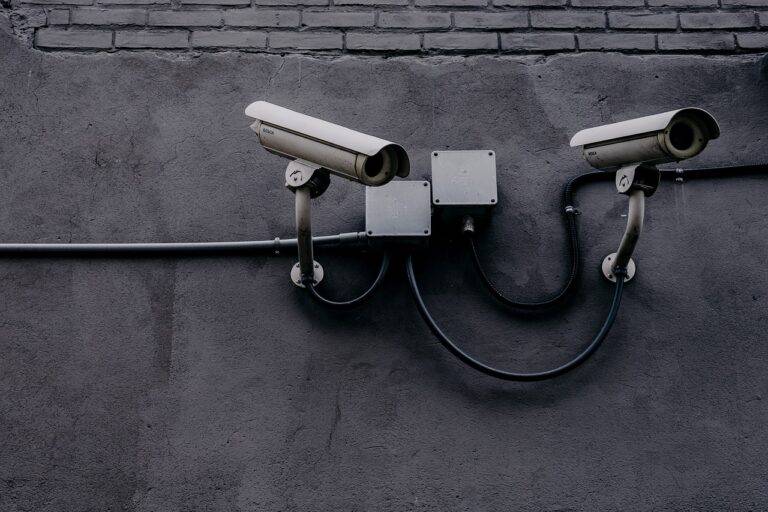The Future of Retail: Blockchain for Transparent and Ethical Supply Chains
Traditional supply chains have long faced the challenge of limited visibility and traceability across various stages of the supply chain. This lack of transparency often results in inefficiencies and delays, increasing costs for both suppliers and consumers. Furthermore, the manual processes involved in traditional supply chains make it difficult to quickly adapt to changing market demands and respond to disruptions effectively.
Another significant challenge in traditional supply chains is the risk of counterfeit products entering the market. Without proper mechanisms to verify the authenticity and origin of goods, suppliers are vulnerable to counterfeiters who can damage their brand reputation and customer trust. This issue not only affects the company’s bottom line but also poses potential health and safety risks to consumers.
The Role of Blockchain in Enhancing Transparency
Blockchain technology is revolutionizing the way transparency is achieved in supply chains. By utilizing decentralized and secure ledgers, blockchain provides real-time visibility into the movement of goods and transactions across the entire supply chain network. Every step in the process is recorded in a tamper-proof manner, ensuring that all stakeholders have access to accurate and up-to-date information.
The transparency enabled by blockchain not only increases trust among participants but also helps in identifying and addressing issues promptly. With the ability to track products from their origin to the end consumer, businesses can quickly pinpoint the source of any problems or discrepancies that may arise. This level of transparency fosters accountability and drives improved efficiency within supply chains, ultimately leading to better decision-making and customer satisfaction.
Benefits of Implementing Blockchain in Retail
In the retail sector, implementing blockchain technology can lead to enhanced transparency throughout the supply chain. By utilizing blockchain, retailers can track the journey of products from the manufacturer to the consumer in a secure and immutable manner. This increased visibility helps in building trust with consumers, as they can verify the authenticity and origin of the products they are purchasing.
Moreover, blockchain technology can also streamline processes in retail operations by automating tasks such as inventory management and product authentication. Smart contracts enabled by blockchain can ensure that transactions are executed efficiently and securely, reducing the risk of fraud and errors in the retail ecosystem. This improved efficiency ultimately leads to cost savings for retailers and a more seamless shopping experience for customers.





